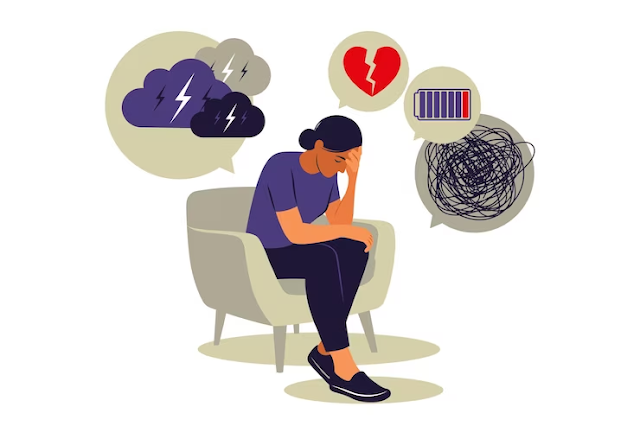Unlocking the Power of Insurance for Psychedelic Therapy | A Comprehensive Guide
As the field of mental health continues to evolve, psychedelic therapy emerges as a groundbreaking treatment, offering hope for those grappling with various psychological conditions. However, navigating the financial aspects of these treatments can often be challenging. This guide will explore how to unlock the power of insurance for psychedelic therapy, ensuring that holistic healing is accessible to those who need it most.
Understanding Psychedelic Therapy
Psychedelic therapy refers to the use of psychedelics, such as psilocybin, LSD, or MDMA, in a controlled, therapeutic setting to treat mental health issues like depression, PTSD, and anxiety. These substances have been shown to offer profound healing experiences, but their innovative nature means that insurance coverage can be complex.
The Legal and Medical Landscape
Before delving into insurance reimbursement, it's essential to understand the legal and medical framework surrounding psychedelic therapy. Currently, most psychedelics are classified as Schedule I substances in the United States, meaning they're not approved for medical use. However, with ongoing clinical trials and research yielding promising results, this status is beginning to shift, with certain therapies on the brink of mainstream acceptance.
Insurance Reimbursement Challenges
One of the most significant hurdles for patients seeking psychedelic therapy is the cost. Without insurance coverage, these treatments can be prohibitively expensive, limiting access to those who could benefit from them.
Navigating Policy Limitations
Insurance policies typically have specific criteria for what they will and will not cover. Given the current legal status of most psychedelics, it's rare for insurance companies to provide reimbursement for these therapies. However, as the FDA begins to approve certain psychedelic treatments, the door may open for insurance coverage.
Steps Toward Insurance Coverage
While the insurance landscape for psychedelic therapy is still developing, there are steps that patients and providers can take to prepare for potential coverage.
Staying Informed
Keeping abreast of the latest developments in the legalization and medical acceptance of psychedelic therapy is crucial. As these treatments become FDA-approved, insurance providers will likely start to consider coverage.
Advocacy and Education
Patients and healthcare providers can play a pivotal role in changing the narrative around psychedelic therapy by advocating for its benefits and educating insurance companies about its therapeutic potential.
Future Possibilities
The future of insurance for psychedelic therapy holds promise. With mental health increasingly becoming a priority and the public's interest in holistic healing methods growing, insurance companies may adapt to cover these innovative treatments.
Potential Coverage Scenarios
As psychedelic therapy gains legitimacy, insurance providers may offer partial reimbursement, cover the therapy as an out-of-network treatment, or even include it in comprehensive mental health packages.
.jpg)
Conclusion
Insurance coverage plays a pivotal role in determining the accessibility of healthcare services, including innovative treatments like psychedelic therapy. As the field of psychedelic-assisted therapy continues to evolve, it is essential to address the issue of insurance coverage to ensure that these transformative treatments are accessible to all who can benefit from them. By advocating for expanded coverage and navigating the complexities of insurance policies, we can pave the way for a future where psychedelic therapy is accessible, affordable, and integrated into mainstream healthcare.
.jpg)


Comments
Post a Comment